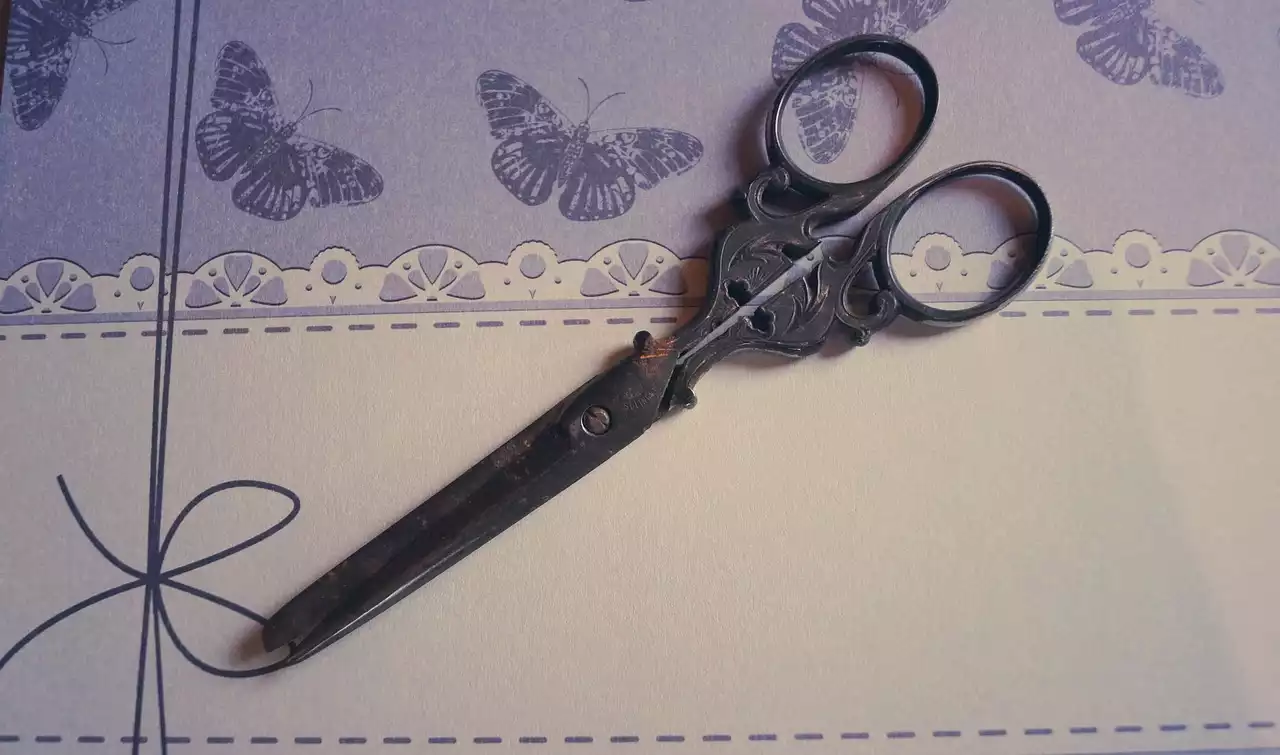Understanding the Importance of Taking Responsibility in Failed Relationships
Relationships are hard work. When two people get together, they create a new unit, which means that both parties need to do their part to make it work. No matter how hard we try, there are always going to be times when we fall short. It’s important to recognize that relationships fail for a number of reasons, not just one. When we blame ourselves for a failed relationship, we’re ignoring the fact that there are other factors involved. Blaming yourself for a failed relationship can be detrimental to your mental health, leading to feelings of being inadequate, lowered self-esteem, and even feelings of worthlessness. However, taking responsibility for your actions can help you to move past a failed relationship. Understanding that you’re not to blame and that it’s not your fault, can help you to deal with the pain of a breakup.
Recognising that Relationships Involve Two People
When a relationship ends, it’s easy to blame yourself, or even worse, the other person. However, it’s important to recognize that a relationship involves two people, not just one. Relationships are complex, and even if it feels like one person is more at fault than the other, it’s important not to ignore the other person’s side of the story. It can be difficult to do this when we’re hurt and feeling low, but to move on from the relationship, it’s essential to try and understand the other person’s perspective. When we blame the other person for the failure of the relationship, we fail to recognize the role that we play in that failure. It’s easy to fall into the trap of thinking that if only the other person had done things differently, the relationship would have worked, but that’s rarely true. It’s important to try and recognize your part in the relationship’s failure, and to accept that the other person has contributed too.
Reasons why Relationships Can Fail
There are countless reasons why relationships can fail, but if you’ve found yourself in the position of being in a failing relationship, it’s important to understand that it’s not your fault. There are many different factors that can contribute to the failure of a relationship, and it’s important to be open to understanding your role in that failure. It can be difficult to look objectively at a relationship when you’re in the middle of it, but it’s important to remember that all relationships end one day. If you’re in a failing relationship, it’s important to recognize that there may be issues that need to be addressed before they get worse. There are many reasons why relationships can fail, including incompatibility, miscommunication, trust issues, and a lack of commitment. However, it’s important to note that these are not always deal breakers, and that a relationship can be saved if the issues are addressed early enough.
Strategies for Taking Responsibility Without Blaming Yourself
When we’re in the midst of a failed relationship, it can be difficult to recognize our part in it. After all, it’s easy to fall into the trap of thinking about how the other person has contributed to the failure of the relationship. It’s important to try and recognize your part in the relationship’s failure before you can move past it. There are a number of ways that you can take responsibility for your actions without blaming yourself for the failure of the relationship. Journaling is a great way to get your thoughts and emotions out to paper and can be a great way to take responsibility for your actions in a failed relationship. Talking to a friend or a therapist can also be a great way to get your feelings out in the open. Keeping a failed relationship journal can help you to focus on the things that you’ve done well, as well as the actions that you can improve on. It’s important to keep a positive mindset, even during difficult times, because that’s how you move forward.
Overcoming Failed Relationships
Failed relationships can be difficult to get past, and it’s easy to fall into a cycle of self-blame and self-pity. When you’re in the middle of a failing relationship, it can be difficult to see past it, but it’s important to try and look to the future. Creating a positive mindset and surrounding yourself with people who support you can help you to overcome failed relationships. It’s important to try and stay positive and to focus on the things that you’ve done well. After all, even if it feels like the relationship was all your fault, there are still things that you’ve done right. It’s important to try and understand why the relationship failed, and how you can improve on those areas in the future. It can be difficult to look to the future after a failed relationship, but it’s essential to try and stay positive and focused on what’s to come.
Breaking the Cycle of Self-Blame
Breaking the cycle of self-blame can be difficult, but it’s important to try and recognize that you’re not to blame for a failed relationship. It’s easy to fall into the trap of blaming yourself for a failed relationship, after all, you were there; you were involved; you were a part of it. It’s important to try and recognize that relationships fail for a number of reasons and that there is rarely one clear reason why a relationship ends. It’s important to try and recognize that no relationship is perfect and that all relationships involve work. It’s important to try and focus on the things that you’ve done well, rather than dwelling on the things that you think you could have done better. Jumping into a new relationship too quickly after a failed relationship can be detrimental to your mental health, but it’s important to try and break the cycle of self-blame and move forward.
Learning from Relationships that Have Failed
It can be tempting to look back and ask yourself what went wrong in a failed relationship, but it’s important to remember that relationships fail for a number of reasons. It’s important to remember that relationships are fluid and that they’re rarely perfect. It’s important to focus on the things that you’ve done right during a failed relationship because that’s how you learn from it. When you focus on the things that you think you could have done better, it can be easy to fall into the trap of blaming yourself and dwelling on the negative aspects of the relationship.










